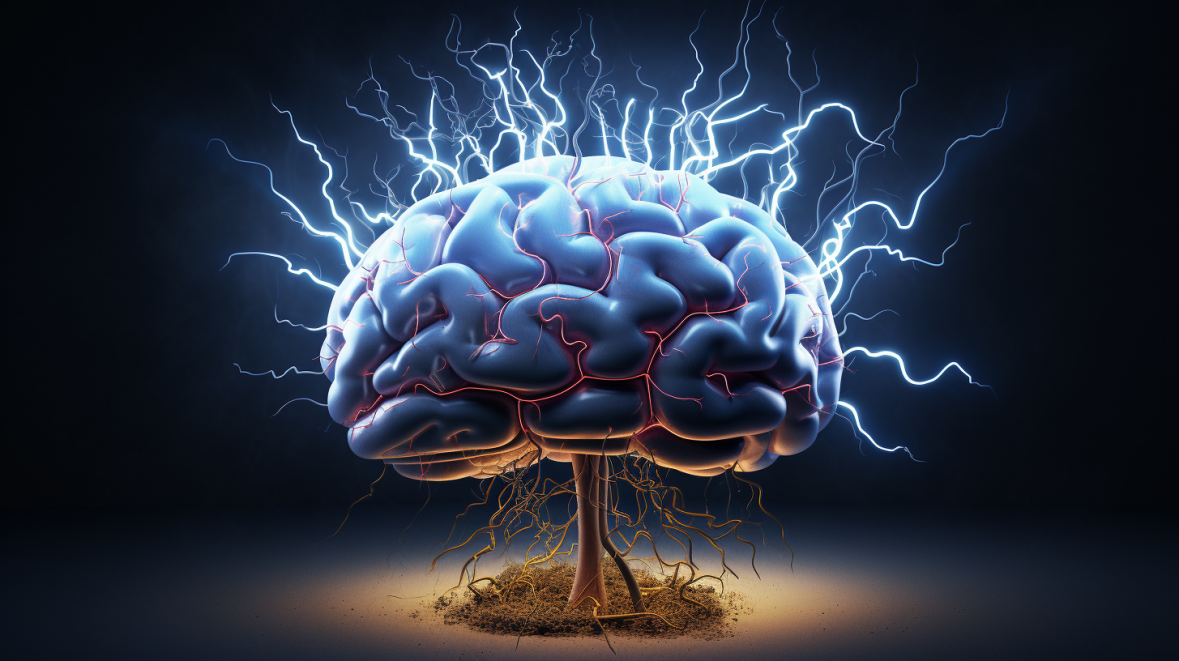Celecoxib for Depression: Targeting Inflammation via COX-2 (2023 Research Update)
Mood disorders like major depression and bipolar disorder affect millions worldwide. Existing treatments often fall short, highlighting the need for better options. An emerging possibility is anti-inflammatory drugs like celecoxib that may target the immune system abnormalities linked to these conditions. A new comprehensive review suggests celecoxib holds promise as an add-on treatment for major …










